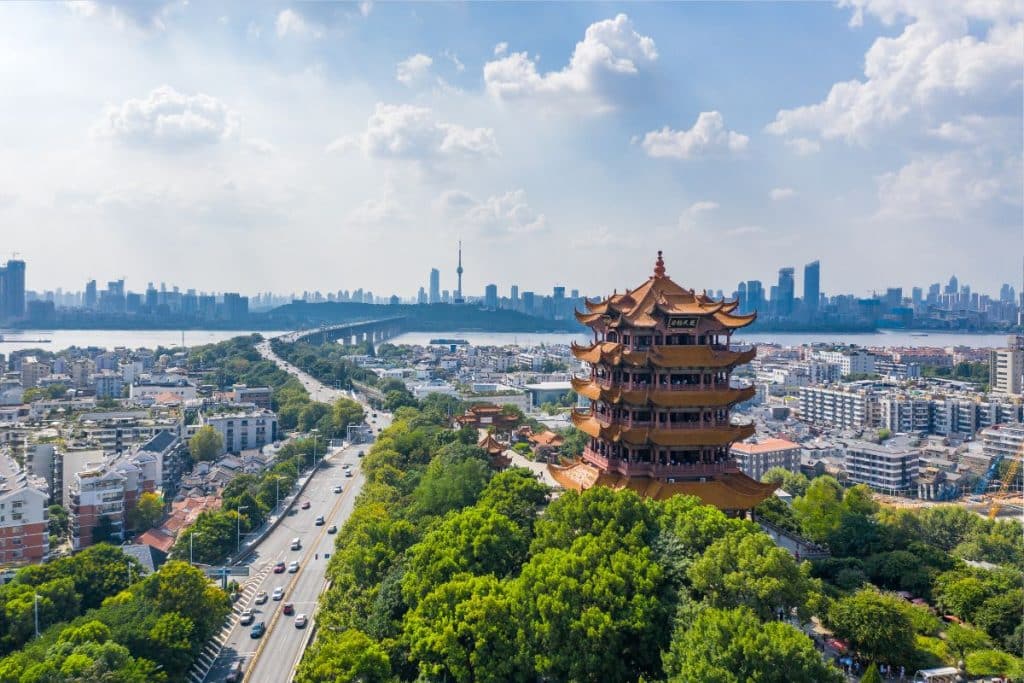China has eased restrictions placed during the pandemic on tour groups for more countries, including major markets such as the United States, Japan, South Korea, and Australia.
The decision was made on Thursday and is effective immediately, according to the Chinese Ministry of Culture and Tourism.
Before the pandemic, mainland Chinese travelers spent more money abroad than travelers from any other nation, totaling $255 billion in 2019, with group trips estimated to account for about 60% of that total.
Many businesses around the world that depend on tourism are having financial difficulties as a result of their absence since the pandemic.
Restrictions were also eased for Germany and the United Kingdom, but not for Canada, whose relations with China have been particularly politically contentious of late.
The third list of nations approved by China was this. Twenty countries were in the first group approved in January, including Thailand, Russia, Cuba, and Argentina. forty nations made up the second group in March, including Brazil, France, Portugal, and Nepal.
China has never provided an explanation for its staggered approval process, but commentators have noted that countries that have taken longer to approve have had greater political and/or trade tensions with the world’s second-largest economy.
Fumio Kishida, the prime minister of Japan, praised the decision, as did the tourism ministers of Australia and South Korea, who claimed it would strengthen their nations’ economies.
“This is another positive step towards the stabilization of our relationship with China,” said Australian Trade and Tourism Minister Don Farrell.
It is unclear how much outbound travel by Chinese in the new countries will increase. Since the reopening of the borders, expectations that demand would pick up have largely not been achieved.
International flights in and out of China recovered in July to just 53% of 2019 levels.
This is mainly due to the staffing problems of many international airlines that have prevented them from flying more routes, the slow issuance of Chinese travel visas due to the backlog in many Western countries, and the weakening domestic economy that discourages many Chinese tourists from making major purchases.
Online, numerous Chinese people reacted to the news by expressing their lack of enthusiasm for international travel.
“I don’t want to go; I feel domestic travel is pretty good, such as the beautiful scenery in Xinjiang and the Northeast and the food is cheap,” said one Weibo user.


